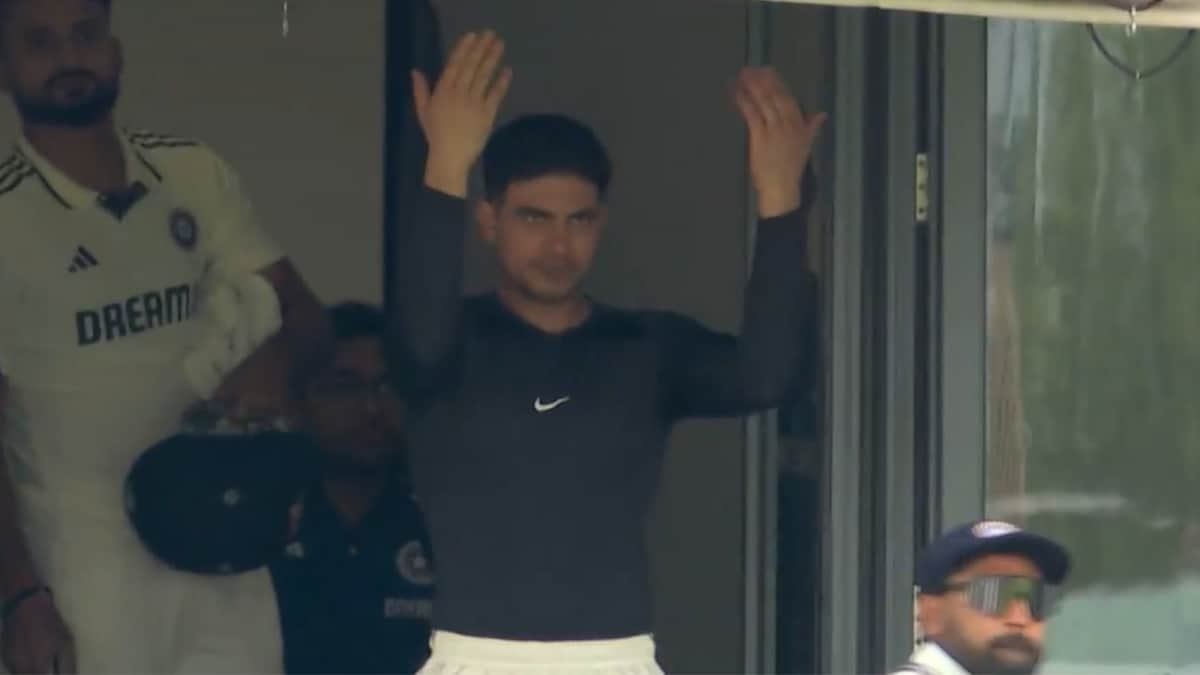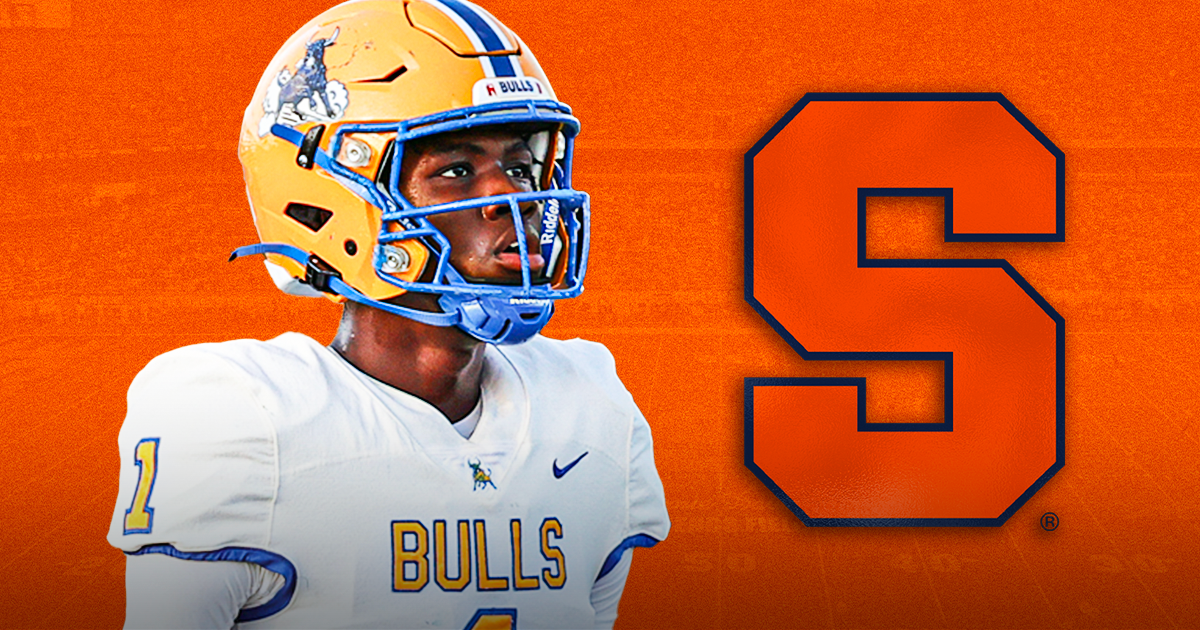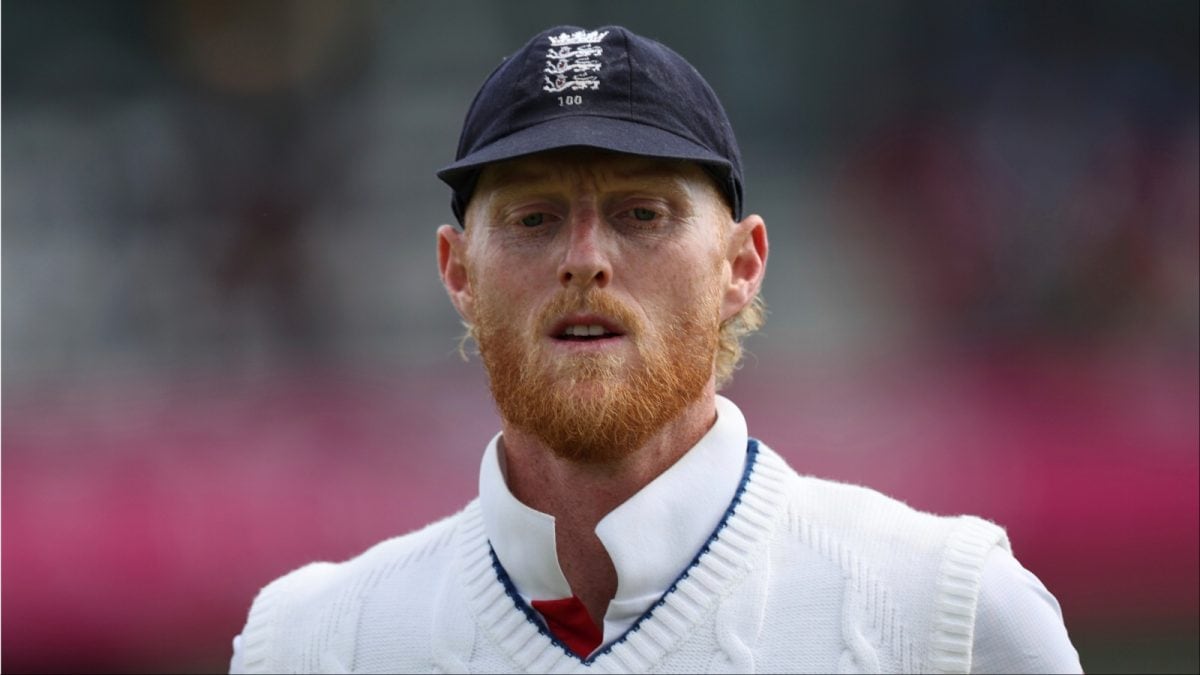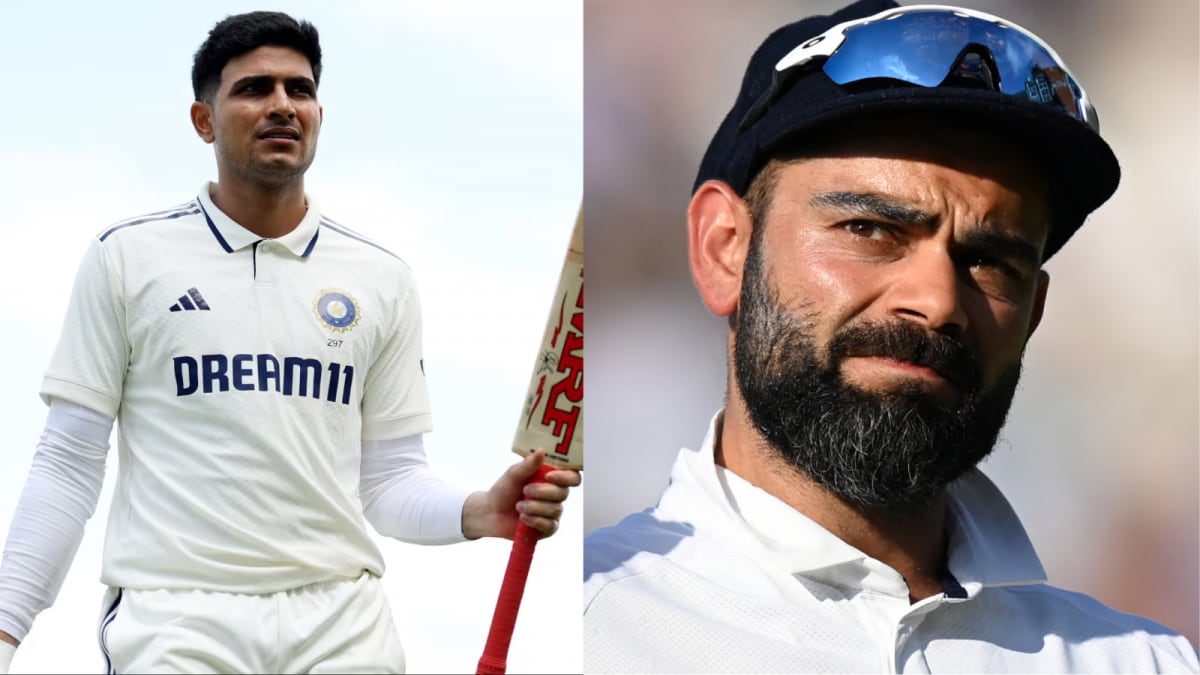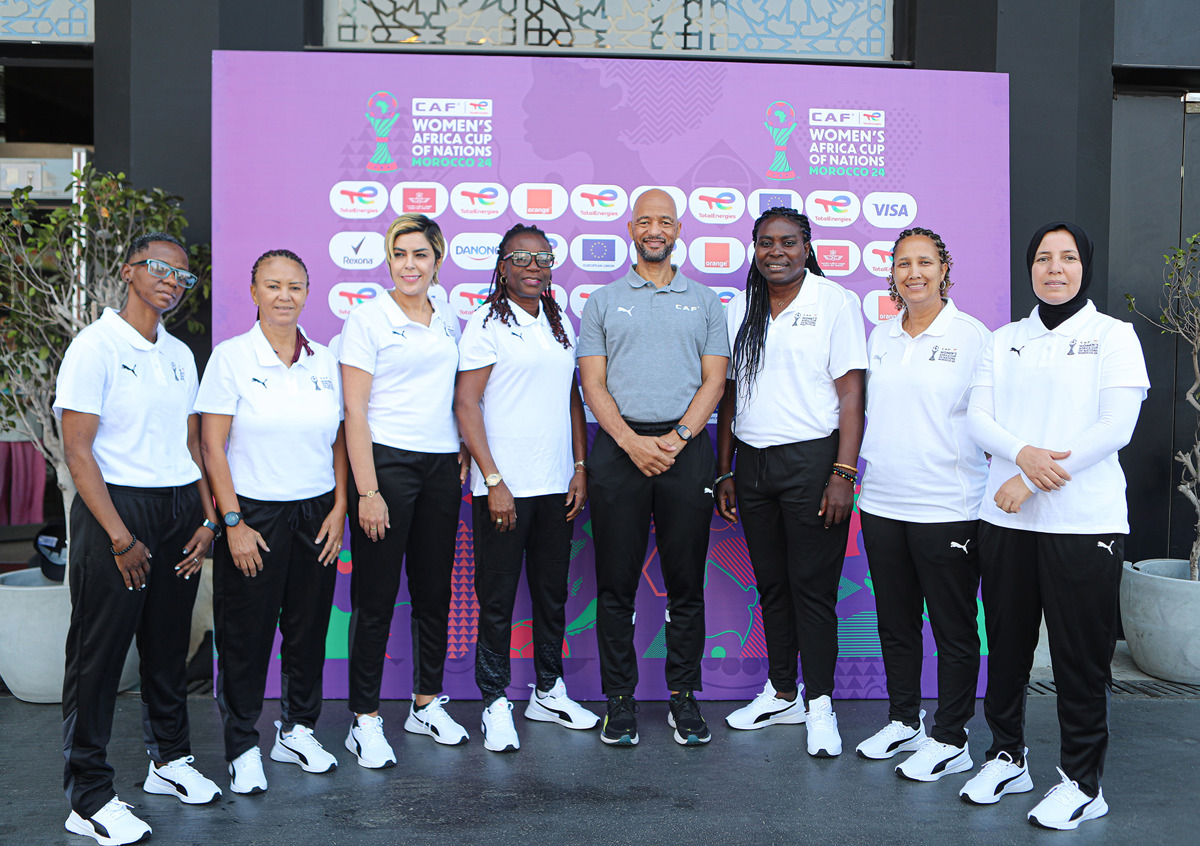Why are so many cricketers obsessed by golf?

England’s cricketers are discovering the truth of the old adage that a sports team can do what they like when they are winning, but not when they lose.Their love of golf was integral to the free-wheeling early months of Bazball when morning nets began with head coach Brendon McCullum announcing news of afternoon tee-off times. Making cricket fun again meant shorter training sessions, shorter matches — and more golf.No one minded when they won ten of their first 11 Tests or battered Australia at the back end of the 2023 Ashes, but since then results have been mixed, culminating in a humiliating white-ball tour of India and the Champions Trophy in Pakistan this year which brought one win in seven weeks.Stokes, the England Test captain, does not feel time on the golf course diminishes his players’ commitment to cricketThe former England captain Kevin Pietersen accused them of getting their priorities wrong: “You don’t get paid to play golf. This is not a golf tour, it’s a cricket tour.” Then one of their own players, Mark Wood, a non-participant, said he did not like the narrative coming out of the team of “golf, golf, golf”, explaining: “It’s as if the golf is more important. I can understand people’s frustration with it.”There had to be some sort of response and England’s managing director, Rob Key, has now reportedly instructed players to refrain from referring to golf on social media or when talking to reporters. The Test captain, Ben Stokes, has expressed frustration at claims that golf means more to his players; their cricketing work ethic, he says, is “incredible”.AdvertisementSources insist England’s camp in Loughborough ahead of the summer’s first Test against Zimbabwe on Thursday was a “cricket-based” event. In the past, such pre-series get-togethers involved more fairways than forward defensives but how much golf, if any, took place this time has not been revealed.If England think they have dealt with the issue, though, wait until they arrive in Perth in November with their golf bags in tow and see if the Australian media let it lie.McCullum, the England head coach, wants to make playing for England more fun — and golf is part of that KAI SCHWOERER/GETTYWhat is interesting about this row is England’s steadfast commitment to swinging a club; Key has not told his players to stop playing golf, just to stop talking about it. Nor are they alone. The Australian team are mad for golf and so too West Indians, New Zealanders and South Africans. And the passion goes back generations: before the First World War, Gilbert Jessop, the first Bazballer, captained a team of cricketing golfers.Why is golf seemingly every cricketer’s second sport? Why not tennis or padel (cricketers do love padel, by the way); why not snooker or darts?Key, Stokes and McCullum insist that golf is a good way to escape the stress of international cricket and they are in good company in holding this view. Don Bradman, who knew more about the strain of cricketing celebrity than most, appreciated “the mental relaxation which golf so peculiarly affords”.AdvertisementGeoff Boycott headed to Kolkata’s Tollygunge Club “to take the air” after a bout of illness on the final day of a Test in 1982, a reasonable act had he been officially excused fielding duties, but he had not. Within days he was on his way home, never to play for England again.Famously, too, when in Antigua in 1994, Brian Lara, nursing an overnight score of 320 and in sight of Garry Sobers’ then world Test record, found himself unable to sleep. He sought respite by rising at 5am to play nine holes before heading, refreshed, to the Recreation Ground to score the 46 he needed to make history.Bradman set out to become a scratch golfer when he retired from cricket and achieved his aim in two years GETTYThe right to carry clubs is perhaps another manifestation of the growth in player power. Twenty years ago, England teams were banned from taking golf bags on tour, so they hid their favourite putters and drivers in cricket coffins instead. Not any more.That said, golf’s reputation as a mental restorative has taken something of a hit since the return of a US president whose acuity is not noticeably improved by weekends hacking around Trump National.Cynics would argue that under the present England regime cricketers who are good golfers stand a better chance of selection than those who are not. “How else does Zak Crawley stay in the side?” they ask. According to a recent TikTok video from Ollie Pope, Crawley (who has a handicap of one) is the best golfer in the team ahead of James Anderson (3), Pope himself (4.5) and Root (6). Stokes, no one will be surprised to learn, “hits it miles”.AdvertisementMcCullum might offer the counter-argument that golf is a good way to get to know players better. As PG Wodehouse once said, “the only way of really finding out a man’s true character is to play golf with him”.Ottis Gibson, a former England bowling coach and the only person I have interviewed on the phone while they were holing a putt, says that golf also has a role to play when someone is returning from injury: “Sometimes a player needs to spend time on his feet to replicate two sessions in the field. Golf can be used for that.”Former England bowlers Stuart Broad, left, and Anderson sign autographs at the BMW PGA Championship at Wentworth PAUL CHILDS/REUTERSIt might also be pointed out that some injuries would never have occurred had the player not stepped on to a golf course in the first place. Jonny Bairstow broke his leg and dislocated an ankle slipping down a steep bank and Glenn Maxwell was concussed after a fall off the back of a golf buggy.Perhaps the most compelling reason for cricketers playing golf is that they are good at it. Naturally, perhaps, batsmen are most likely to excel, especially tall ones with long levers and big swings such as Sobers, Crawley, Franklyn Stephenson and Greg Chappell, who argues that golf and batting share the same “slow-burn mentality… if you get angry, you play more shit”.But shorter men such as Bradman, Lara and Ricky Ponting (all around 5ft 8in) show that it is not all about height. Ian Botham, who once drove the 10th green at the Belfry, demonstrated that brute strength has its advantages.AdvertisementBradman worried about the harmful effects of a golf swing on batting but CB Fry, a great all-round athlete and theorist, believed that a good golf swing could only hone a correct arc of the bat. Whether this can be true of those who bat left-handed but play golf right-handed — among them Lara, Anderson and David Warner — is hard to fathom.Anderson’s smooth right-handed golf swing so impressed batting coach Marcus Trescothick that he encouraged him to try batting right-handed in the nets, but it proved a singular failure.Cricketers also tend to turn to golf as they approach retirement as it is a sport that does not militate against forty-somethings (and beyond) playing well and gives them somewhere to channel their competitiveness and (possibly) obsessive-compulsive natures. When Bradman quit cricket in 1949, aged 40, he set himself the goal of getting his handicap down to scratch and — with predictable thoroughness — managed it in two years.Ted Dexter was already an outstanding golfer when he left first-class cricket aged 33. He contemplated turning professional but the rules of entry were onerous. Nonetheless he reached a play-off for a place at the 1978 Open Championship and maintained a scratch handicap into his fifties. Chappell only took up golf seriously around the time he left cricket, but instantly became addicted and got his handicap down to one.Craig Kieswetter was close to a scratch golfer before he was forced to retire from cricket aged 27 and was encouraged to think about turning pro, but eventually thought better of it. He developed a career as a racehorse trainer instead.AdvertisementInterestingly, Steve Smith, who is about to turn 36 and is seemingly approaching the end of his Test career, has recently developed a passion for golf. Given his likely addictive personality, he may well throw himself into it when his cricket ends. England will be hoping he is playing lots of golf sooner rather than later.



